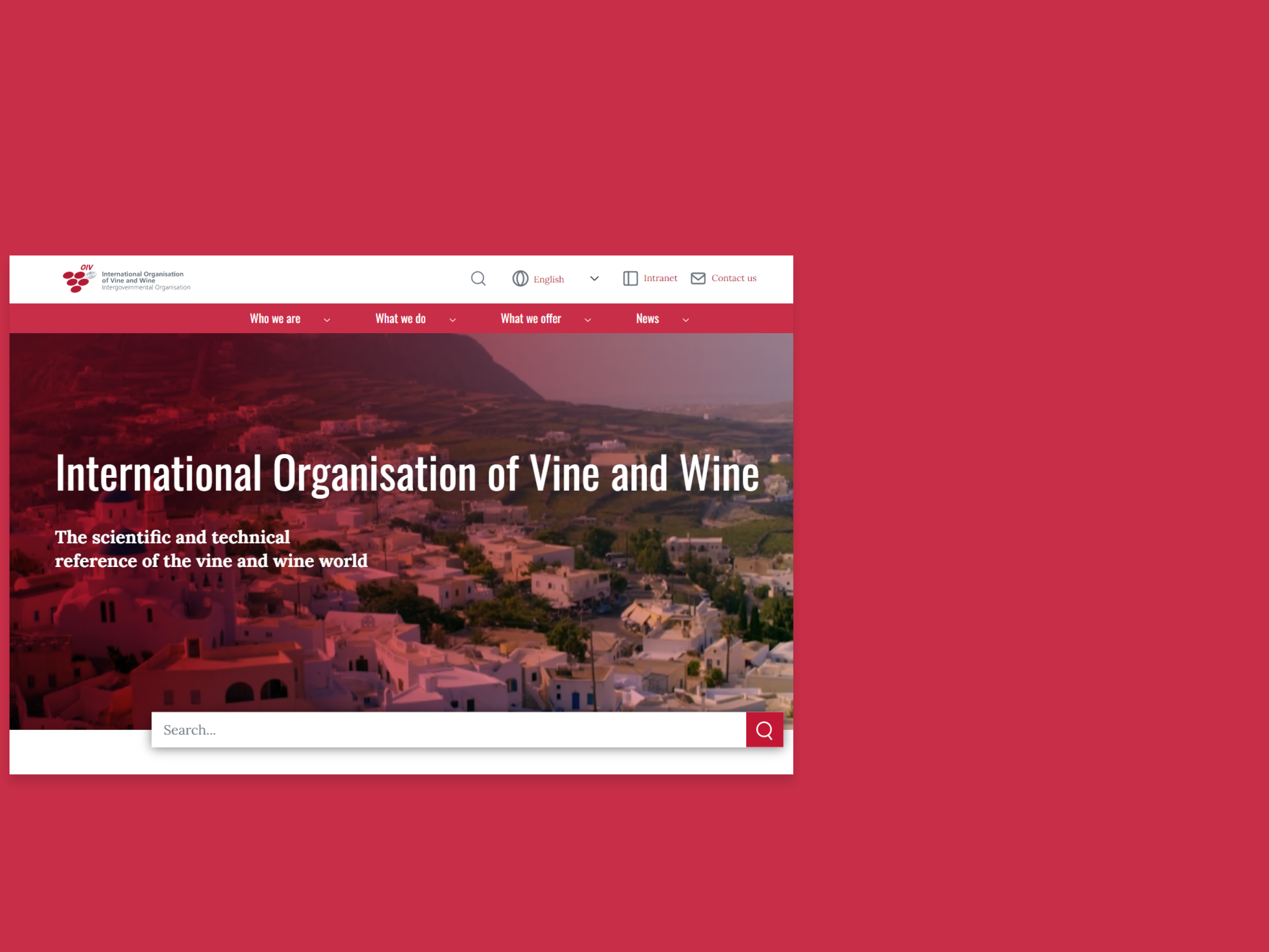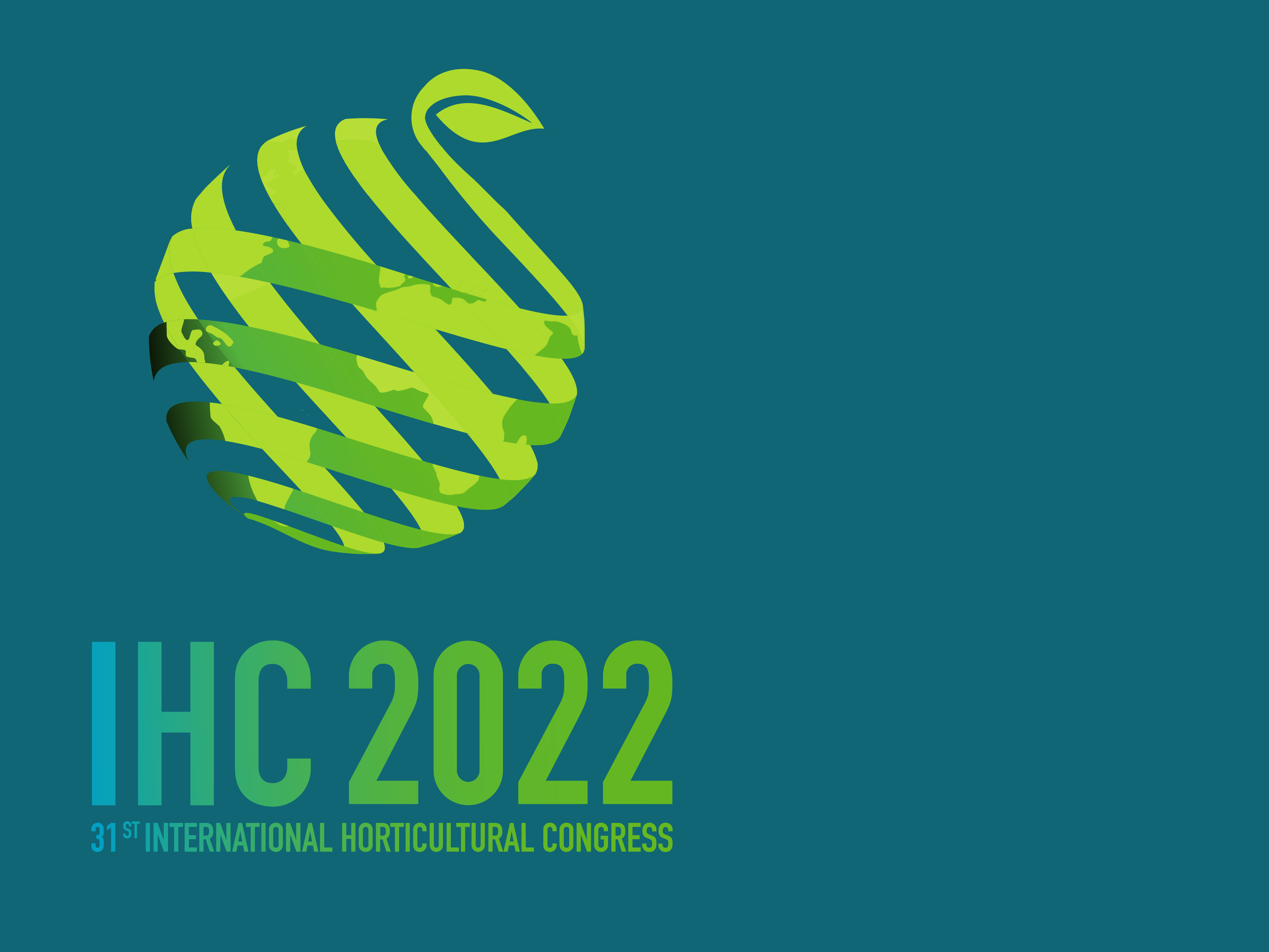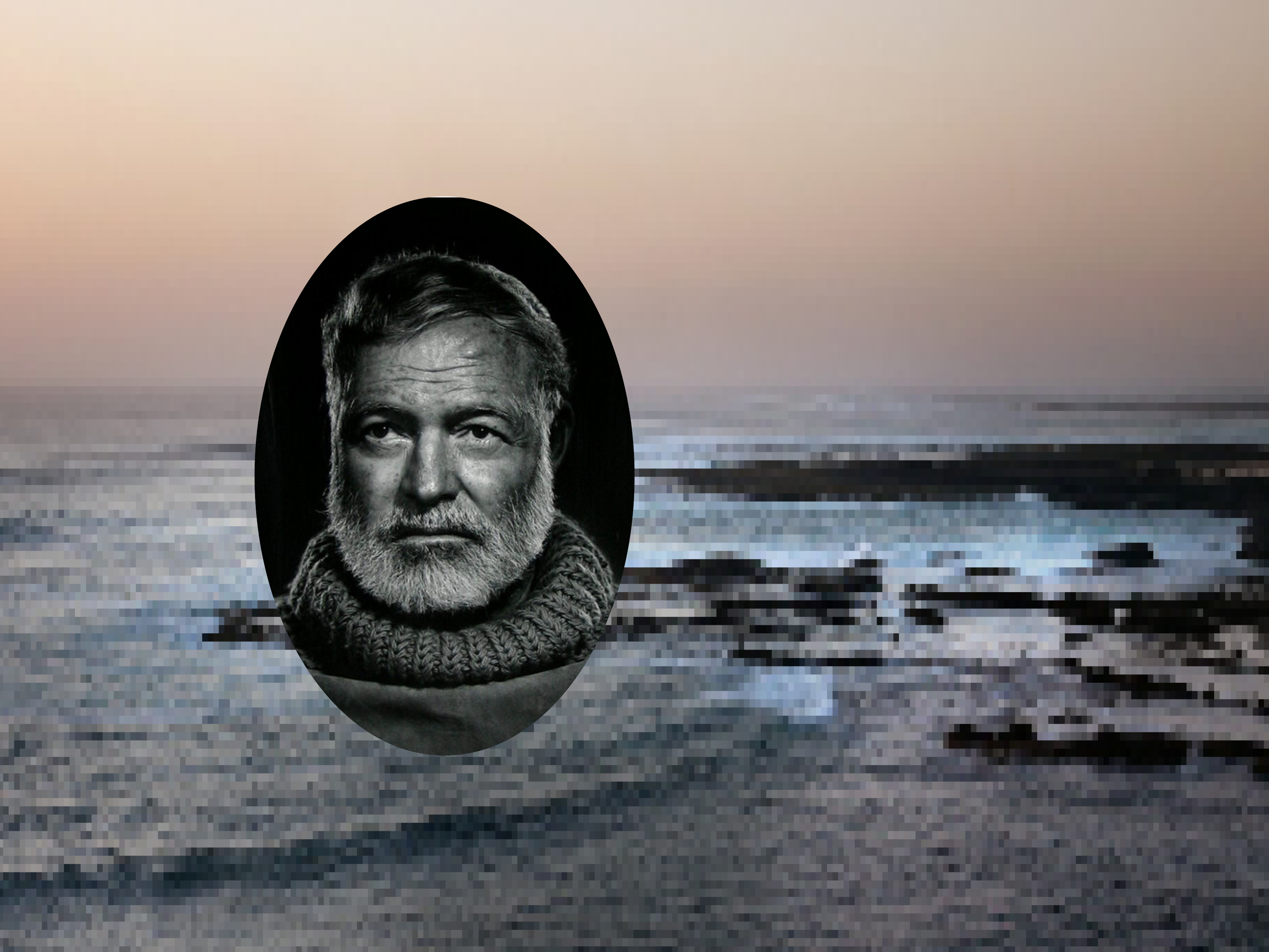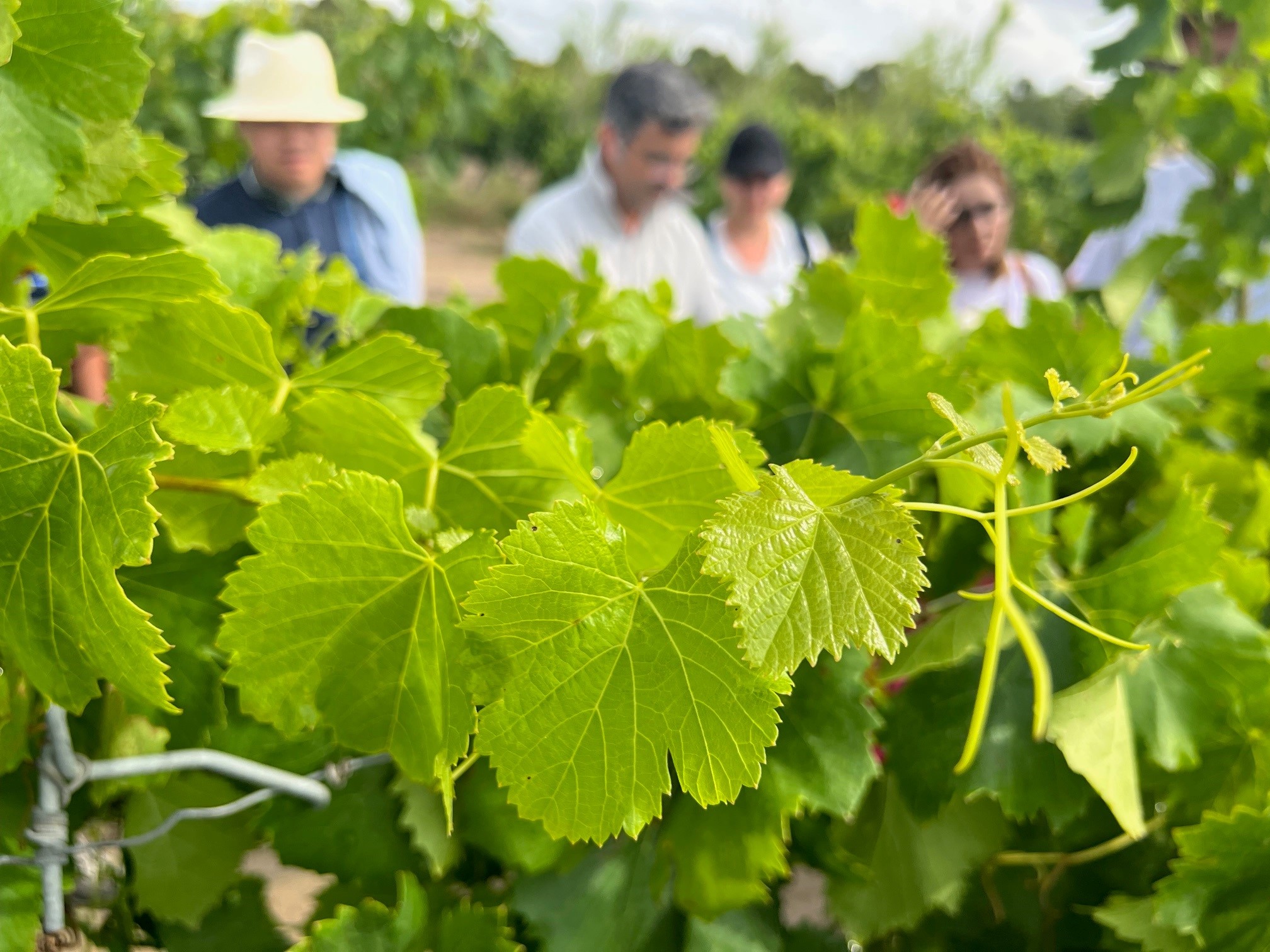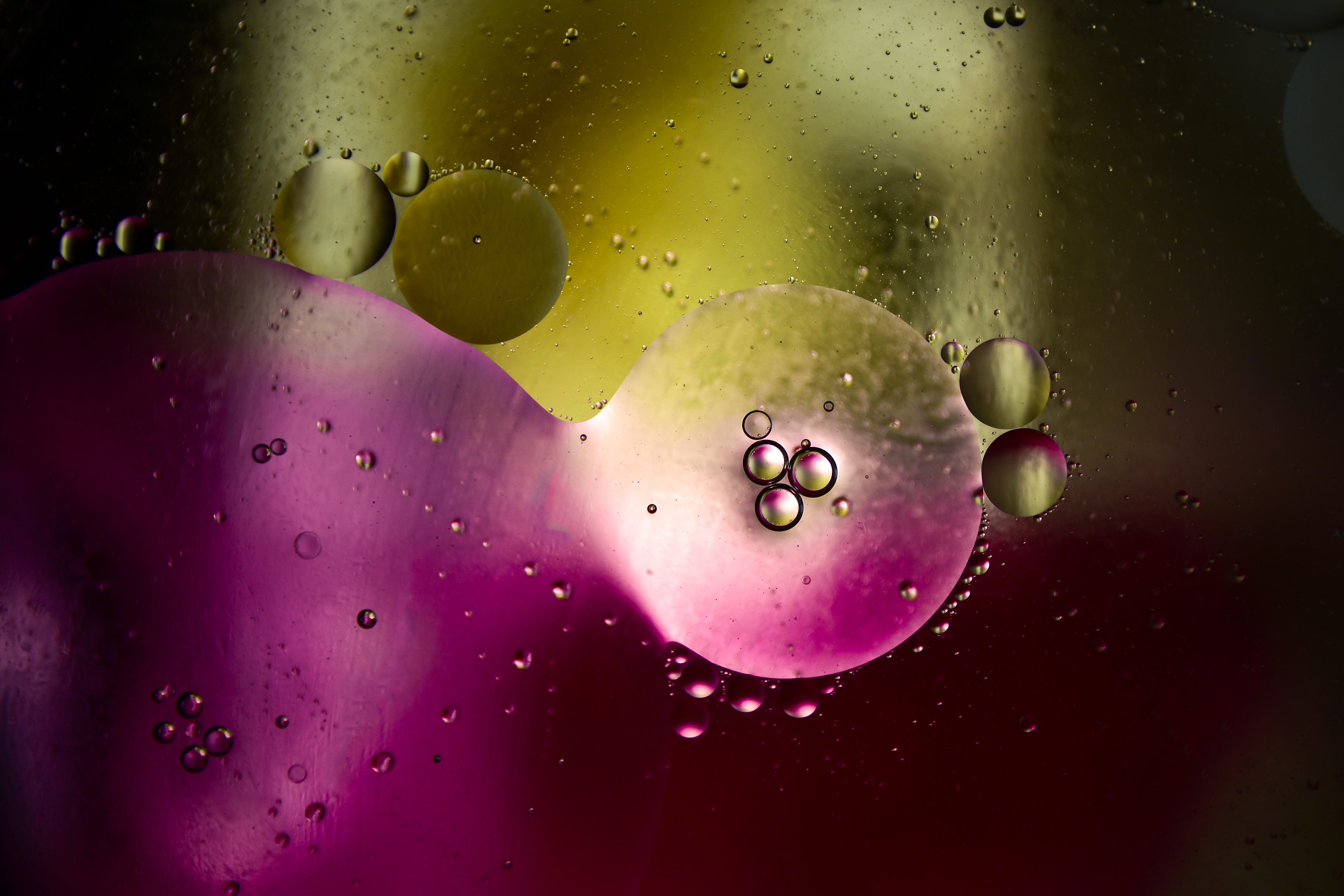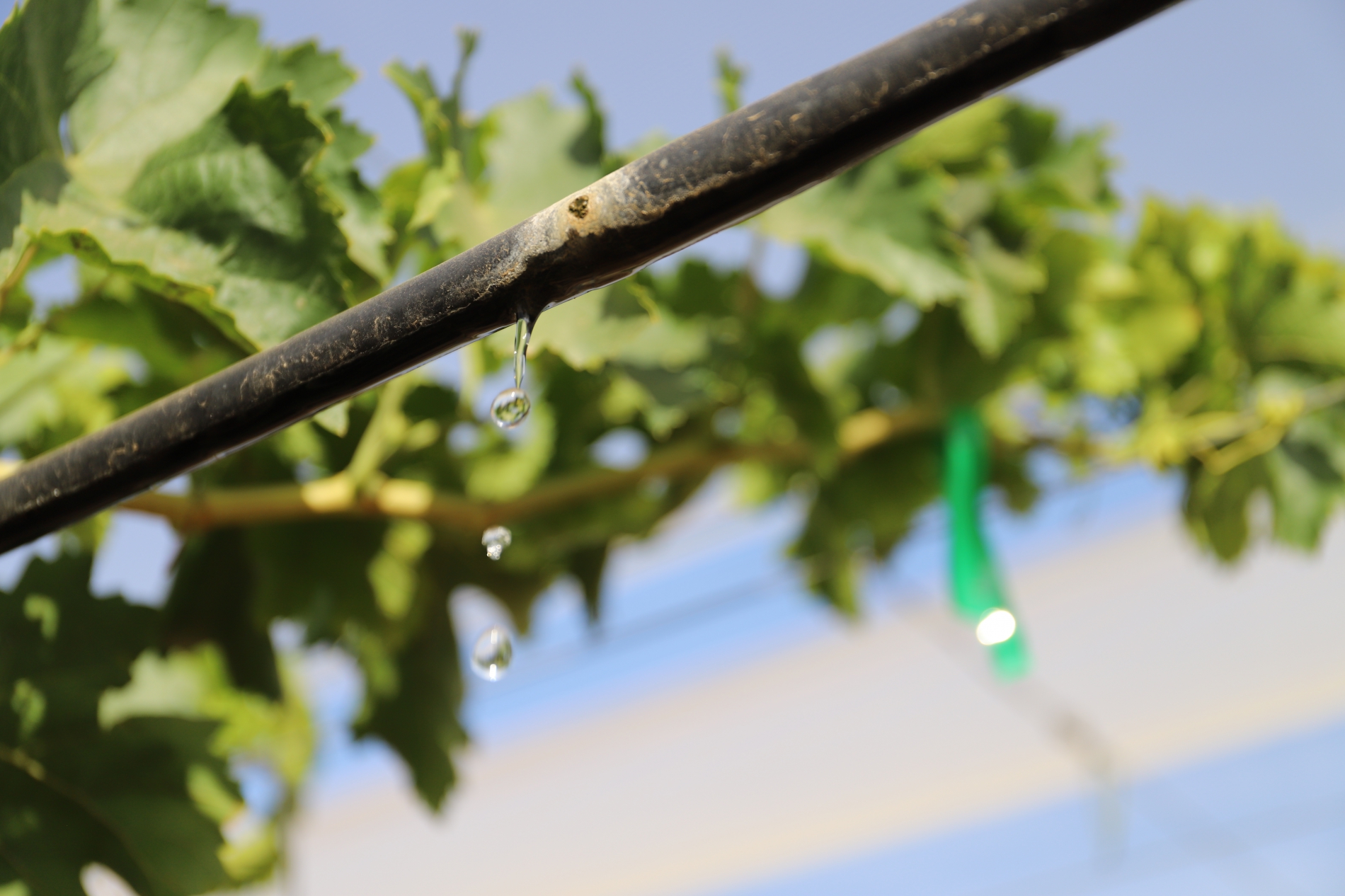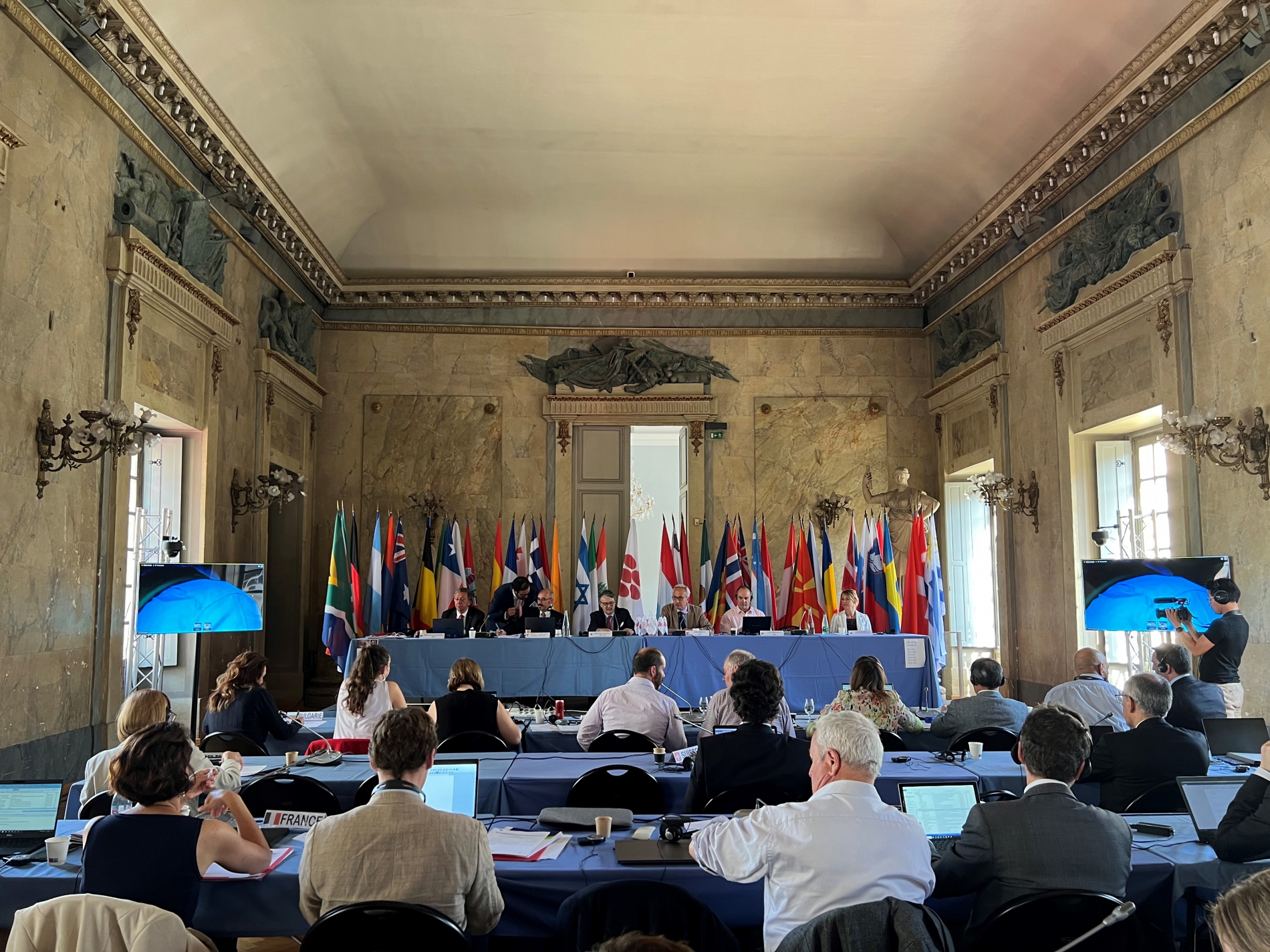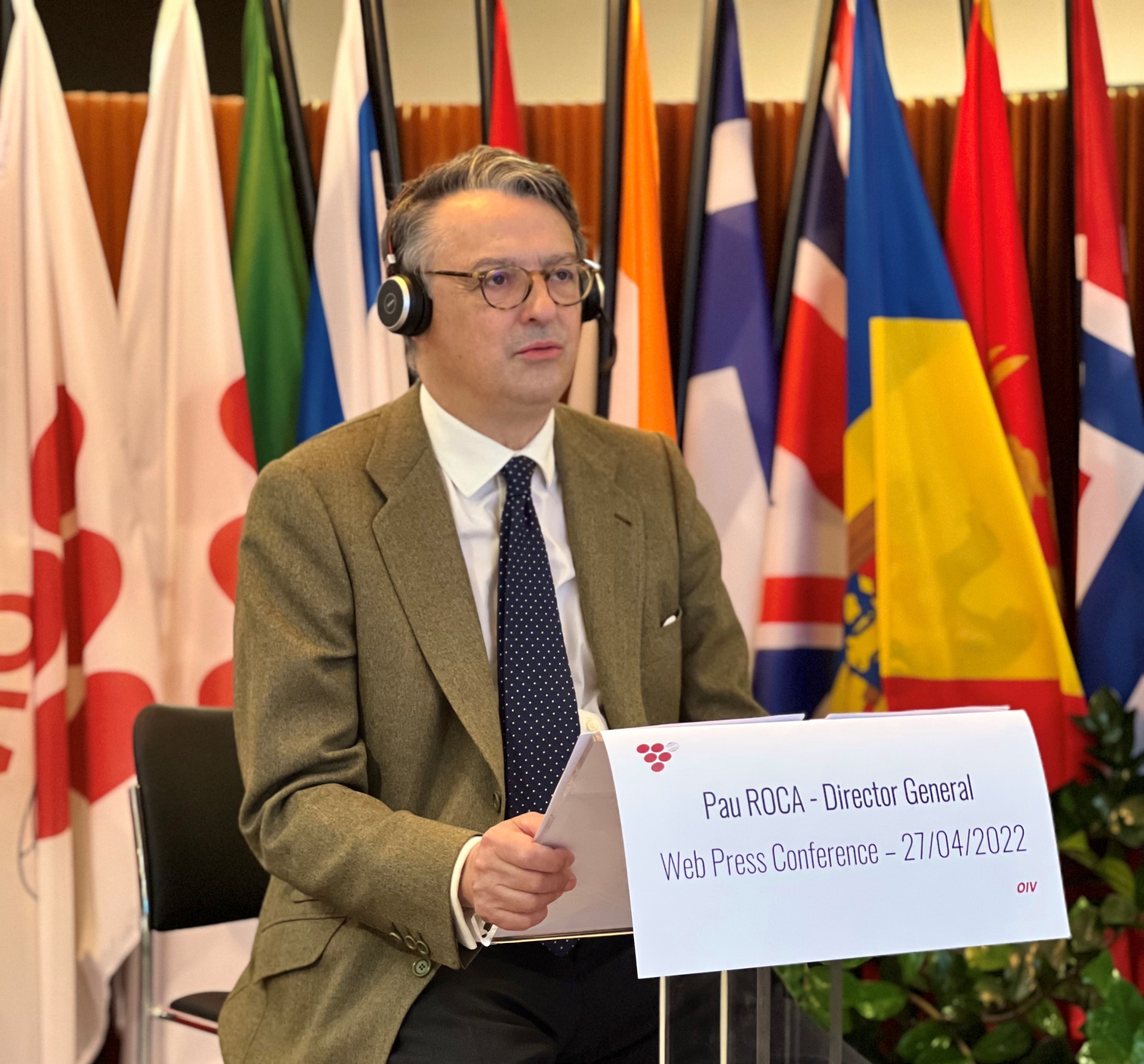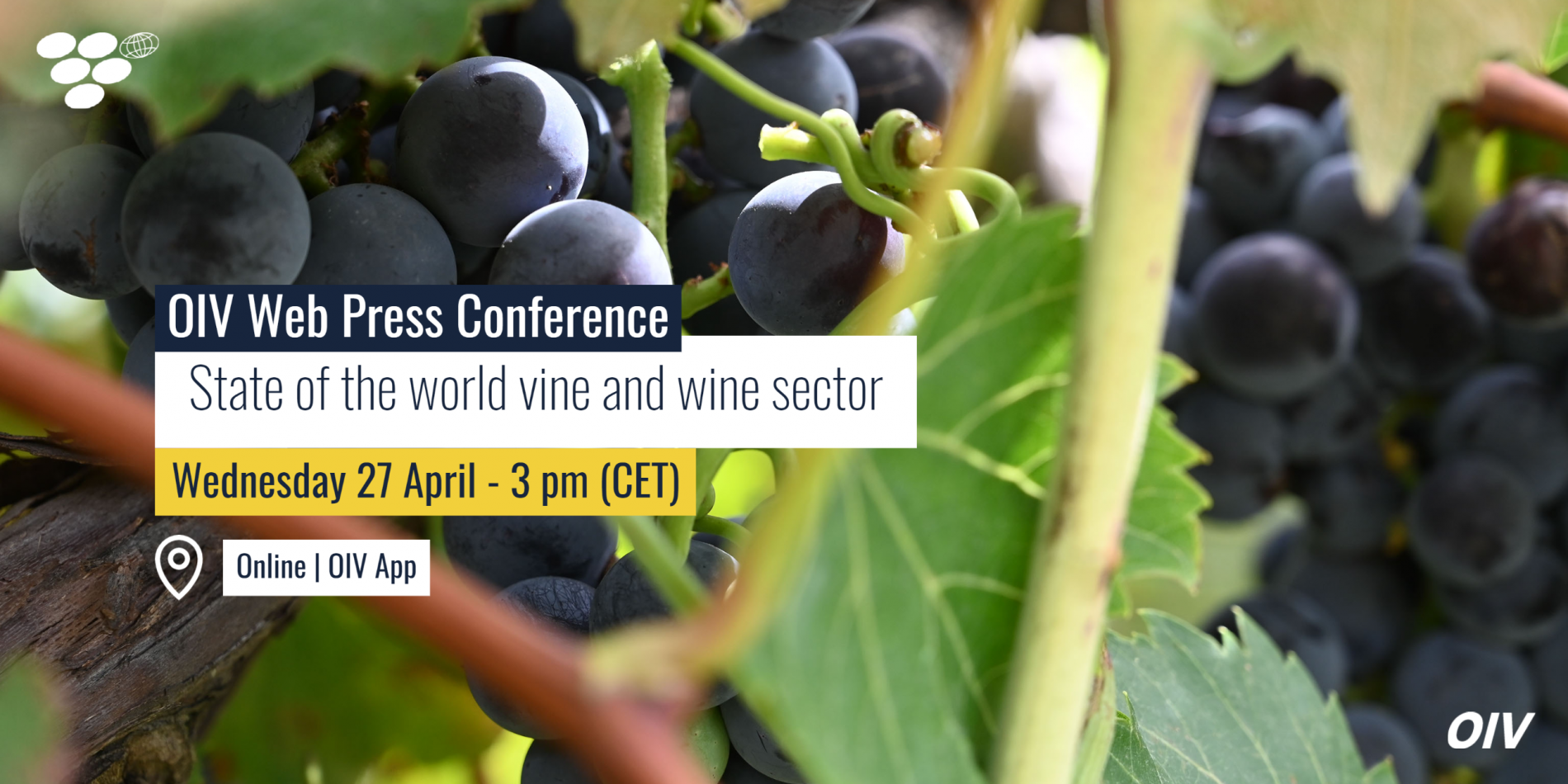09 Sep 2022
On 18 and 19 August 2022, the OIV hosted a symposium as part of the 31st International Horticultural Congress (IHC).
07 Jul 2022
Among the distinguishing features of his character is his relationship with alcohol, which cannot be explained solely by the usual behaviour of a circle of young people grouped under the term, the ‘Lost Generation’, potentially coined by Gertrude Stein.1 She thus would designate a group of writers, artists, and publishers who came to Paris to escape the American Prohibition. From this war-torn generation a literary movement was born, highlighting the invigorating virtues of wine in general and of Paris, the capital of pleasure, in particular. The image of a writer working at a table in a Parisian bistro has been etched in our minds by stories of all registers by and about this clan of gifted revellers, some of whom owed a certain amount of their creative energy to alcohol. Hemingway, however, embodied the sort of melancholy genius that has been associated with drunkenness and creativity since Aristotle, and that is now called bipolarity.2 But beyond this nebulous and often tragic combination, Hemingway often presents and represents wine through an idiosyncratic art of writing, cadenced like a surge of drunkenness. Bottle semantics Through a writing style that leaves nothing to chance, Hemingway gives us a kaleidoscopic vision of alcohol. Beyond the obvious attraction, he turned it into both a character and a commodity with a wide symbolic arsenal representing friendship, masculinity, vulnerability, flight or even self-destruction, but also an element of sensual pleasure and an invitation to a stylistic, lexical and semantic journey. In his writing, Hemingway adapts his phrasing to the dynamism of the scenes and plays with time, translating the perceptual variations of his protagonists, especially according to their state of intoxication. The past narrative thus alternates with the present. This practice of oscillating time is particularly effective in Hemingway’s work, generating a sense of instability that is common in literature of the era.3 Indeed, his playing with time makes it possible to express a new state of consciousness, and it takes a form of detachment to accept its condition, between shadow and light, or even to understand other literary geniuses – Turgenieff, in particular.4 Most often, however, Hemingway expresses the wandering thoughts of a generation caught between antagonistic ideologies, which he uses as mirrors of man’s inner torments.5 In this way, his literary journey is loaded with meaning, and this fictional discontinuity translating the sinews of life is a grand theme of modernist literature. Hemingway expressed this theme through brevity and disguise, a mode of expression akin to the twists and turns brought by the drunkenness of his characters in all their respective complexities. More than the alcohol they quaff in this semantic journey, their foggy paths present unfaithful mirrors, as thought and memory sometimes do. Alcohol as a linguistic code In the short story titled ‘Hills Like White Elephants’,6 the phrase ‘the man drank his beer’ means ‘he said’, a repetitive activity in which the idea of raising the forearm conveys this nod in agreement. In ‘The Short Happy Life of Francis Macomber’, ‘Oh, I'm still drinking their whisky’ serves as a cue for hunters to announce that a safari has gone wrong. Otherwise, the winner toasts to the sound of ‘Tonight we'll have champagne for the lion’. More complex are the flows used in the semantic field of seduction: thus, an important female protagonist of Hemingway's first published novel, The Sun Also Rises, Brett, evokes masculine advances by mentioning being offered a drink (‘Bought me a drink’7), a silently eloquent invitation, which elicits satisfaction or annoyance depending on who is asking. Wine, the acolyte of sociability In virtually all of his works, Hemingway portrays alcohol as a protean character, of which wine in particular takes on a series of facets. This omnipresence is particularly striking in A Moveable Feast, a work of fiction with an autobiographical allure.8 Unlike distilled alcohol, or even beer, which accompanies many drunken deliriums, wine appears in many festive situations – which relates Hemingway to Jefferson's grand plan to fight against rampant alcoholism through oenophilia.9 Celebrating ‘togetherness’, wine carries a complex symbolism akin to the simplest scenes: a fishing trip (Fiesta: the Sun Also Rises, chaps. 12 and 13), or a series of alliances (A Farewell to Arms, chap. 7), which can also emerge around strong alcohols like rum.10 Champagne, unsurprisingly, showers many friendly festivities. The mention of a brand adds to the celebration, Mumm in The Sun Also Rises, or Perrier-Jouët in The Garden of Eden11); it acts as an additive to the general exaltation of a youth in a constantly evolving universe. Hemingway individualises wine throughout his work. Nevertheless, careful observation reveals that each wine performs a specific role. His reverence for Châteauneuf-du-Pape or Saint-Émilion makes him appear as a connoisseur, capable too of appreciating a Château-Margaux to the point of detecting in it the sign of a return to civilisation after a drinking binge.12 He evokes the messages that wines convey, even when their strength leads drinkers to dilute them with water.13 White wines, however, can reflect the lightness and enthusiasm of vibrant youth: the wines of Chablis, Sancerre, Pouilly-Fuissé, Montagny or Mâcon, accompany a kind of counter-rivalry in Montparnasse during the inter-war period. Less immediately identifiable to Hemingway in the collective imagination is his ability to have wine mirror feelings. For example, he chose Beaune wine (leaving the colour and climate free to the reader's interpretation) to illustrate a moment of peaceful intimacy with his wife, Hadley. A particularly eloquent sequence shows them rejoicing at the idea of ‘drinking Beaune’ before reading, then ‘going to bed and making love’.14 This harmonious intimacy is part of the playful side of the sociability that accompanies wine,15 in contrast to veiled situations of modern bacchanals. Inspiring liqueurs In Hemingway, alcohol enters the “aesthetics of the personal breakdown” through its abundant variety, and thus becomes a lexical and semantic sphere.16 This escape through alcohol sometimes appears as a mirage, reminiscent of the pictorial motif of the vanitas or the literary use of an ellipsis. With chronic drunkenness, the vicious circle drags on and the feeling of emptiness inherent in the human species is reduced to existential nothingness. Alcohol has a thousand meanings in the creative terminology of Ernest Hemingway, not all of them positive. The main message of Ernest Hemingway's prose on alcohol lies in its metamorphic principle. Within the multitude of spaces, feelings and meanings that wine has, let us remember the seductive idea of wine of a stimulator of amorous impulses, the spark of artistic stimulation, and amiable sociability. - - - - - - - - - - - - - - - - - - - - 1 Gertrude Stein (1874-1946) was an American novelist, poet, playwright, and art collector. The talented guests who would gather at her salon in Paris (rue de Fleurus), including Picasso, Hemingway and Fitzgerald, helped define modernism in literature and art. 2 Within the extensive bibliography devoted to the subject, see Kay Redfield Jamison, Touched with Fire, Manic-Depressive Illness and the Artistic Temperament, Free Press Paperbacks, published by Simon & Schuster New York, 1994, chap. 6. For the Aristotelian foundational text, see Jackie Pigeaud’s edition (and introduction to the edition), L’homme de génie et la mélancolie, Paris, Rivages poche, Petite Bibliothèque, 1988. 3 What Crowley calls the ‘drunk narrative’. W. Crowley, The White Logic, Alcoholism and Gender in American Modernist Fiction, 1994, Preface, page x. 4 Fiesta: The Sun Also Rises, published in 1926, chap. 14. 5 A Farewell to Arms, chap. 12 6 Published in 1927, this short story sometimes appears in French under the title ‘Paradis perdu’. 7 The Sun Also Rises, Book 2, chap. 8. 8 Posthumous novel published in 1964. 9 See my Oenocultural Note number 1 10 A Farewell to Arms, chap. 7; 9. 11 The Garden of Eden, New York, Charles Scribner’s Sons, 1986, chap. 19, p. 162, “such a nice wine […] we were always so happy with it”; “‘It was always such a nice wine’ she said. ‘And we were always so so happy with it’.” 12 The Sun Also Rises, chap. 19. 13 Spanish and Italian wines are mentioned here and there (Rioja Alta, Valdepeñas, Marsala, Piombo, Chianti) as well as some Swiss (from Aigle or Sion) and Algerian wines. 14 A Moveable Feast, ‘Miss Stein Instructs’. 15 A Moveable Feast, ‘With Pascin at the Dôme’. 16 Breakdown now replaces the idea of the crack, which modernist authors developed as a literary aesthetics, Fitzgerald in particular, in The Crack-Up published in 1936. This topos was then adopted by an entire generation.
Read Russian Version Here
05 Jul 2022
This ampelography course allowed participants to acquire in-depth knowledge in the identification and understanding of vine varieties, helping to better prepare them for future issues facing the vitivinicultural sector. The opening ceremony was attended by Pau Roca, Director General of the OIV, Carole Sinfort, Director of l'Institut Agro Montpellier, Sylvain Labbé, President of the Occitanie-Montpellier INRAE Centre, Laurent Audeguin from the French Wine and Vine Institute (IFV) and Laurent Torregrosa, Director of the Institute for Higher Education in Vine and Wine (IHEV). They represent the establishments with which the OIV has established partnerships for the purposes of conducting the course. The cradle of modern ampelography since the end of the 19th century, the Montpellier region has played a fundamental role in the promotion, conservation, study and research of vine varieties. Personalities such as Gustave Foex, Pierre Viala, Pierre Galet and Jean-Michel Boursiquot evoke tradition and innovation within the world vitivinicultural sector. These aspects of tradition and innovation have formed the basis of the programme for the ampelography course that the OIV has been running in partnership with l’Institut Agro Montpellier, the French Wine and Vine Institute (IFV) and the National Research Institute for Agriculture, Food and Environment (INRAE). The course has been taught by a staff of internationally renowned professors made up by Cécile Marchal (INRAE Montpellier – France), Jorge Cunha (INIAV - Portugal), Thierry Lacombe (INRAE – Institut Agro Montpellier – France), Gregorio Muñoz (IMIDRA – Spain), Laurent Audeguin (IFV – France), Christophe Sereno (IFV – France) and Olivier Yobregat (IFV – France) et Christophe Sereno (IFV – France). The staff that has implemented a course with theorical and practical sessions that have successfully addressed the main aspects of ampelography and grapevine genetic resources. The 29 students of 15 nationalities had the privilege of visiting and working in three exceptional sites: the Pierre Galet experimental and teaching vineyard, the only artificial vineyard in the world dedicated to training and research; the INRAE Experimental Unit of Domaine de Vassal, the biggest ampelographic collection in the world with 8500 accessions originating from 50 different countries; and Domaine de l’Espiguette, a National Plant Material Centre and centre for vine selection where 4600 clones representing 600 varieties are cultivated. During the opening ceremony, tribute was paid to Jean-Michel Boursiquot, the former Vice-President of the OIV and Professor of Ampelography at l’Institut Agro Montpellier, who retired at the end of 2020. It was the moment for the OIV to commend this eminent figure and highly regarded professional, who contributed immensely to promoting this discipline and developing research in this field. In line with the Organisation’s scientific and technical objectives of international scope, the Director General of the OIV has already confirmed the organisation of the 3rd ampelography course for November 2023 in Chile. Find out more... Ampelography has been an emblematic discipline of the l’Institut Agro Montpellier and INRAE in the Occitanie region for over 140 years. Its history over many decades has been marked by world-renowned specialists dedicated to research and viticulture. Veritable pioneers for their times and still today (Gustav Foex, Pierre Viala, Louis Ravaz, Jean Branas, Pierre Galet and Paul Truel, Jean Michel Boursiquot…), they have raised this discipline to a high level of international recognition in the vine and wine world. Encouraged by these leading researchers and professors in ampelography, exceptional varietal collections have been created and developed over the years with the support of scientific and technical teams from the Grande École l’Institut Agro Montpellier (formerly SupAgro) and the Occitanie INRAE centre. The Marselan is a cross between two grape varieties, Grenache and Cabernet-Sauvignon. It was first bred by Paul Truel in 1961. Now considered reference collections on a global level, the Vassal ampelographic collection at Marseillan-plage and the Pierre Galet experimental and teaching vineyard on the La Gaillarde campus in Montpellier comprise a diversity of vine varieties unique in the world. Thanks to the richness of these varietal collections and the expertise of the teacher-researchers who work collectively within mixed research units on the impacts of climate change on vine and wine, innovative, ampelographic-knowledge-based solutions have been tested to identify resistant varieties best adapted to climatic variations.
28 Jun 2022
This year, the Consortium of international companies (Familia Torres from Spain, Moët & Hennessy from France, Sogrape from Portugal, Viña Concha y Toro from Chile and Yalumba Family Winemakers from Australia) is making an equivalent contribution to that determined by the OIV, which makes it possible to offer different types of research grants. Priority themes for 2022 research grants This year, special attention will be given to: 1. Conservation and Sustainable Management of Biodiversity and Ecosystems in Transitioning to a Nature-Positive Grape and Wine Value Chain 2. Sustainable management and adaptation to climate change. 3. Living and Healthy soils in viticulture More information here 2022 - OIV Research grant program in support of priority programme fields Application forms must be filled out and sent preferably by E-mail to job@oiv.int or by mail to OIV – Research grants – 12 Parvis de l'UNESCO – 21000 Dijon CEDEX, Deadline for submitting requests: 6 November 2022
29 May 2022
The OIV Scientific and Technical Committee (CST) of October 2019 endorses the incorporation of the study of the use of water in the wine making process as an issue into the OIV work programme. A Task Force on Water into Wine has been established to deal with scientific and technical issues related to the addition of water in the wine making process and Prof Monika Christmann has been designated as rapporteur. This document brings together in its first part, the history of the notifications sent to the WTO and the second part is devoted to the state of art of the various regulations in this area. Addition of water is generally allowed for technological requirements and in particular to incorporate any oenological substances permitted for use as a food additive or a processing aid. In addition, the different regulations do not specify a maximum percentage of water used for technological requirements. The members of the Task Force have studied the requirements of exogenous technological water for the dissolution of oenological products and winemaking practices. The lack of knowledge and transparency on the quantities of water added for oenological questions actually poses a problem of legal insecurity for operators in international transactions. It is important to make all decisions based on science and to not let governments play with this unknown situation. This report identifies three main areas of investigation for the OIV in relation to the issue of water in the wine making process. 1.Methods of analysis 2.Provision regarding water addition for specific Technical needs 3.The impact of oenological practices
Read the report.
20 May 2022
First meetings in Dijon, new OIV headquartersThe GA launched the procedure of ratification of the changes in the Founding Agreement to include the transfer from Paris to Dijon. The Director General and the President informed the Assembly about the procedure that will install the new office of the Organisation provisionally in La Cité internationale de la Gastronomie et du Vin. Part of this recently inaugurated complex was proposed by the City Council of Dijon while the works to habilitate the future headquarters in the Hotel Bouchu d’Esterno are underway. The works are expected to take two years. Texas new observer The State of Texas was accepted as new OIV observer. By joining the organisation as observers, Texas aspires to enter into contact with the rich network of experts from all around the globe. “We come to the OIV to learn from the best practices and the experiences of great countries of the world of vine and wine. Texas has lots of ideas and initiatives to share with the world”, said the deputy commissioner of agriculture of Texas in his intervention, Jason Fearneyhough. As a proof, the State shares the challenges identified by the OIV in Climate Change and Digitalisation. “We want Texas to be inspired by the world, and the world to be inspired by what we do in Texas", he added. 43rd Congress of Vine and Wine in Mexico After two years of pandemic and without having celebrated the respective congresses, Mexico was granted the first and most important event of the Vitivinicultural sector in the world now that the most dangerous effects of the COVID-19 pandemic have diminished. Mexico was chosen by the OIV Member States for many reasons such as: The geographical representation and growing importance in the vine and wine sector due to the country's commitment to increase its wine production. The 43rd World Congress of Vine and Wine is committed to being an inclusive, safe and sustainable event. To this end, a Sustainability and Best Practices Committee has been appointed to intervene in the design, planning, organization, execution and evaluation of the Congress. Read the full press release
25 Apr 2022
Speaking from the OIV’s headquarters in Paris, by web conference, Director General Pau Roca presented on 27 April, information on wine production, consumption and international trade in 2021.Read the Press Release Press Release in Russian State of the World Vine and Wine Sector State of the World Vine and Wine Sector in Russian PPT Presentation REPLAY
15 Mar 2022
Date: Wednesday 27 April 2021Time: 3pm CETLocation: Online and OIV AppLanguage: English / French / SpanishRegister HERE
